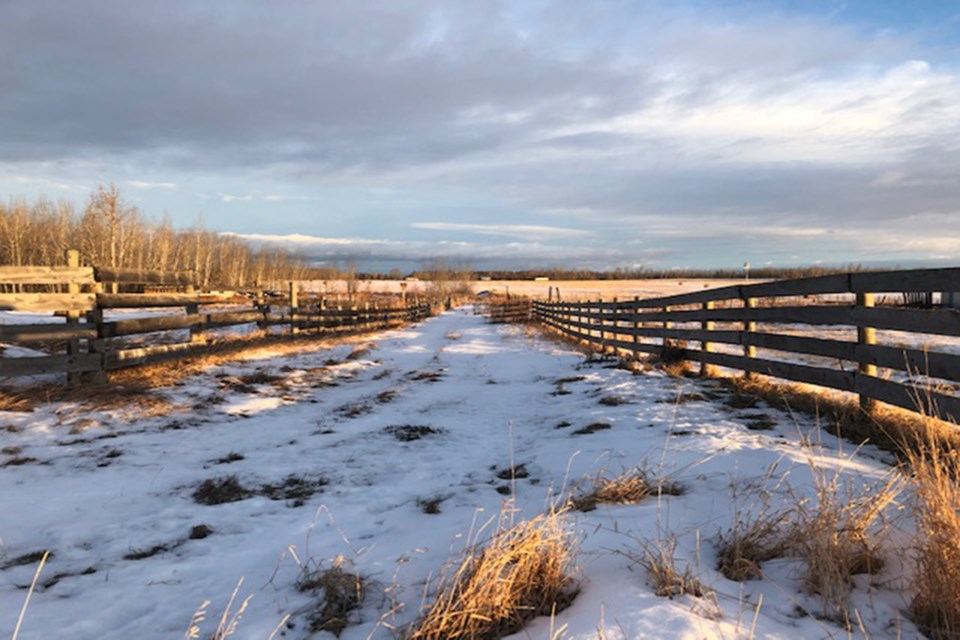LA COREY, ALTA – An investigation by Alberta Society for the Prevention of Cruelty to Animals (SPCA) is ongoing, as the group investigates the death and alleged neglect of horses at a rural property between La Corey and Iron River, a rural area north of Bonnyville.
Between four and five horses were removed from a rural property, while the remains of at least 10 other horses were discovered on Feb. 23, following the execution of a search warrant carried out by a peace officer tasked with applying Alberta’s Animal Protection Act.
“A public complaint came into our office on Feb. 15,” Dan Kobe, the communications manager for the Alberta SPCA told Lakeland Today.
The MD of Bonnyville’s reeve, Barry Kalinski confirmed to Lakeland Today, that he had also received a complaint from a member of the public and immediately forwarded the information onto administration who reached out to the appropriate authorities.
“If there's reasonable and probable grounds to believe an animal is in distress, the complaint is assigned to a peace officer who will go to the property and check it out,” said Kobe.
The SPCA works closely with 10 peace officers throughout the province that checks on animals in designated areas. Kobe confirms it was one of these officers that was assigned to attend the property.
“When we first attended to the property, we found some horses that were believed to be in concerning health that were still alive, and then there were some that were believed to be deceased,” he explained, adding that roughly four to five horses that were “in concerning health” were removed from the property.
The Albert SPCA peace officer had left a notice of the search warrant on the fence of the property outlining the officer's authority to enter the property to collect evidence.
“In most cases, we would remove the femur of animals that are deceased, and send that off for forensic examination, and that can tell us the condition of the animal when it died," explained Kobe. “The analysis of the bone marrow of the femur will tell us whether the animal died from serious atrophy, which is essentially starvation.”
He adds that it is normal practice when attending a property to leave a copy of the search warrant in a public place on the property for the animal owner to see it if they come to the property. “So that they understand that we have been there and why we were there.”
The documents left at the property cite possible violations to Section 2.1 of the Animal Protection Act: “No person shall cause or permit an animal of which the person is the owner or the person in charge to be or to continue to be in distress.”
As well as subsections of the Section 2.1, “A person who owns or is in charge of an animal (a) must ensure that the animal has adequate food and water, (b) must provide the animal with adequate care when the animal is wounded or ill.”
This is a general warrant to go collect evidence, Kobe stated. “It doesn't mean that anything on there is the absolute truth. It's what the peace officer believed they might find when they applied to the judge for the warrant.”
He stressed that the documents left at the property were not a warrant for the property owner's arrest and that no charges have been laid against the property owner.
Peace officers simply enforce the Animal Protection Act and lay charges if it is deemed that the Act has been breached. They do not make arrests.
“Depending on what that evidence tells us, (SPCA peace officers) have up to six months to lay charges from the date of the incident,” said Kobe, adding, it is the policy of the SPCA not to identify people who are being investigated unless charges have been laid.
Kobe also pointed out that it is not the responsibility of the SPCA to remove the remains of animals and that the removal is the responsibility of the owner.
It is also important to note that entering a property that does not belong to you without permission is trespassing.



